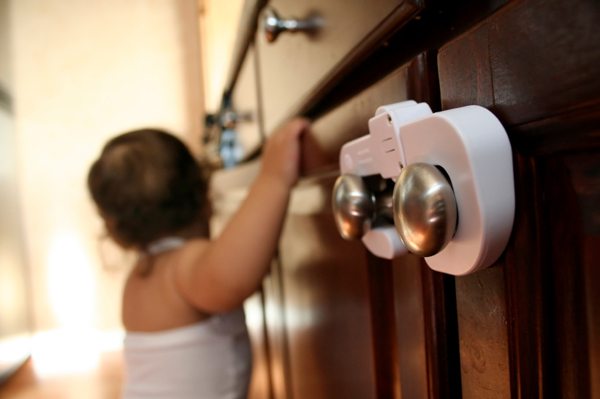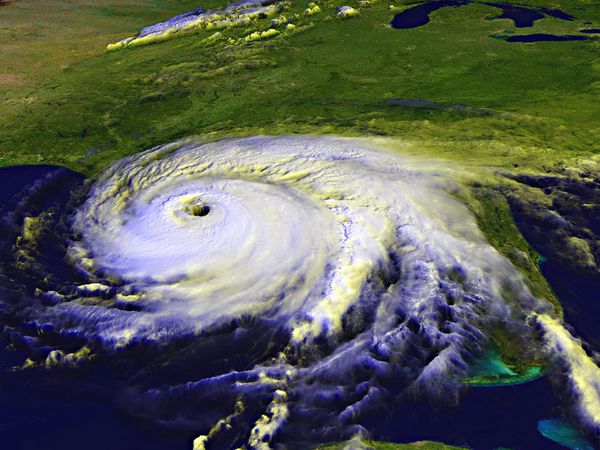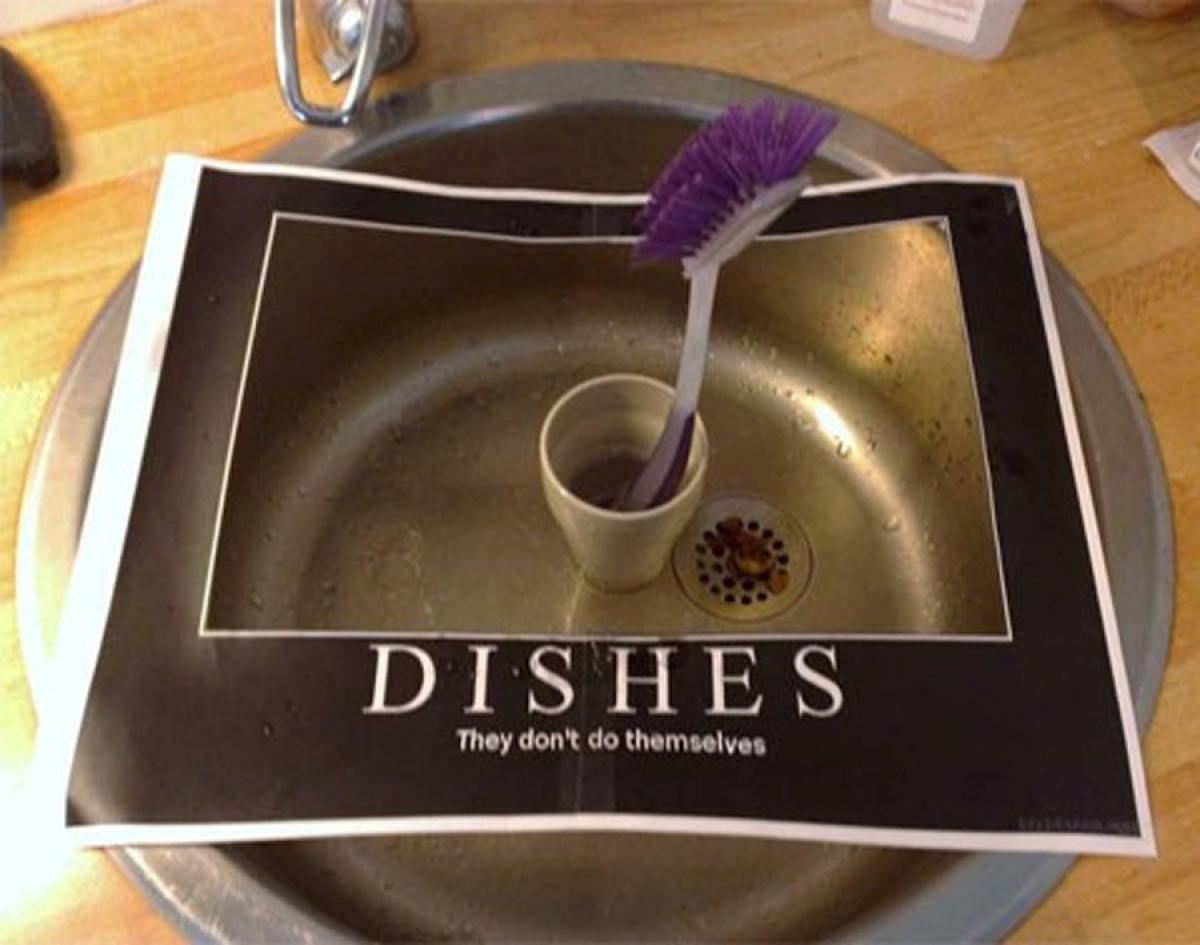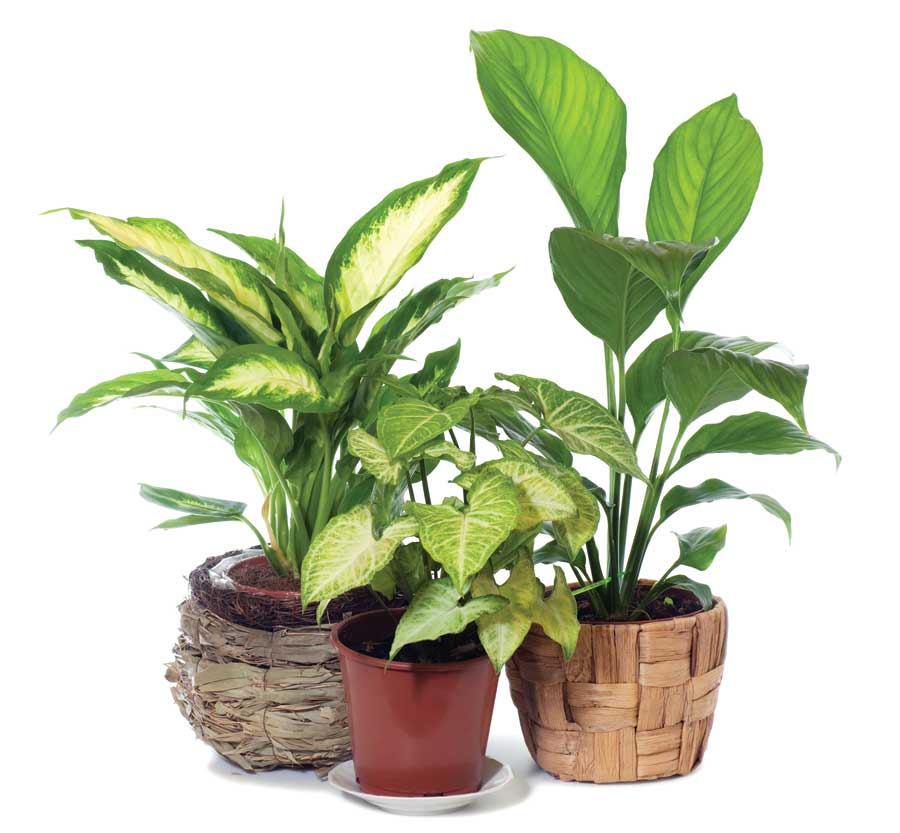Subleasing is pretty much when you, the initial tenant, rent your property out to another tenant. The new tenant is then required to pay rent and follow the terms of the lease, but you still hold the overall responsibility of the property. A huuuuge part of subleasing is making sure that you find a good lessee. Because the responsibility of the property still falls on you, you want someone who will take care of the property and make sure nothing goes wrong.
So, how do you go about subleasing?
You’ll almost always need to get your landlord’s consent first and make sure that they are fine with having a new tenant in your place. Having someone sublease your property without your landlord knowing will most likely go against the terms of your lease, landing you in deep trouble. Once you’ve gotten the okay from your landlord, a contract can be drawn up to outline the terms of the lease and what your new tenant will be responsible for. Depending on your property manager or landlord, you may be charged a fee to sublease your property.
 Considering all the properties available for rent everywhere, you may need to negotiate and charge your lessee lower rent than what you originally pay as an incentive to sublease your place. Would you want to be paying the exact same amount to sublease a home as you would to just rent it yourself? Probably not, and neither will your lessee. Though it kinda sucks, the difference is a small price to pay in case where you need to move out of your property. Subleasing is a great option if you plan on leaving your town for a few months and don’t want to pay rent for an empty apartment. It also works if you need to leave your property but your lease isn’t ending and you can’t terminate it.
Considering all the properties available for rent everywhere, you may need to negotiate and charge your lessee lower rent than what you originally pay as an incentive to sublease your place. Would you want to be paying the exact same amount to sublease a home as you would to just rent it yourself? Probably not, and neither will your lessee. Though it kinda sucks, the difference is a small price to pay in case where you need to move out of your property. Subleasing is a great option if you plan on leaving your town for a few months and don’t want to pay rent for an empty apartment. It also works if you need to leave your property but your lease isn’t ending and you can’t terminate it.



 was damaged and needed fixing, you’ll get the sum of your deposit back. But if you move out and left something broken and needing repair, it’ll be deducted from your deposit; as the saying goes: you break it, you buy it!
was damaged and needed fixing, you’ll get the sum of your deposit back. But if you move out and left something broken and needing repair, it’ll be deducted from your deposit; as the saying goes: you break it, you buy it! The internet! This is probably the most obvious place to look for a rental home, but you still have to keep some things in mind. If you know the specific area you want to live in, you can look into websites that offer rentals in only certain places. For instance, if you want a
The internet! This is probably the most obvious place to look for a rental home, but you still have to keep some things in mind. If you know the specific area you want to live in, you can look into websites that offer rentals in only certain places. For instance, if you want a  s also an awesome time to add flowers to your garden, but instead of your typical floral choices…spice it up. Tropical flowers are bright and beautiful, automatically livening up even the dullest gardens. Pick some colors that you like and go well together, maybe oranges and yellow, and make yourself a nice arrangement.
s also an awesome time to add flowers to your garden, but instead of your typical floral choices…spice it up. Tropical flowers are bright and beautiful, automatically livening up even the dullest gardens. Pick some colors that you like and go well together, maybe oranges and yellow, and make yourself a nice arrangement.

